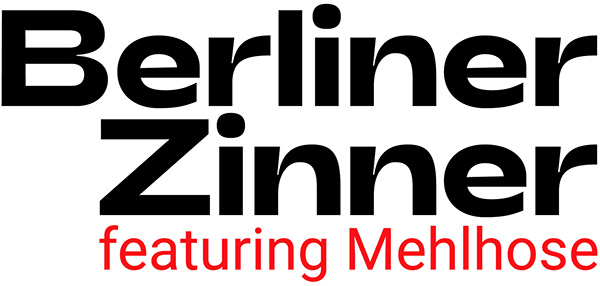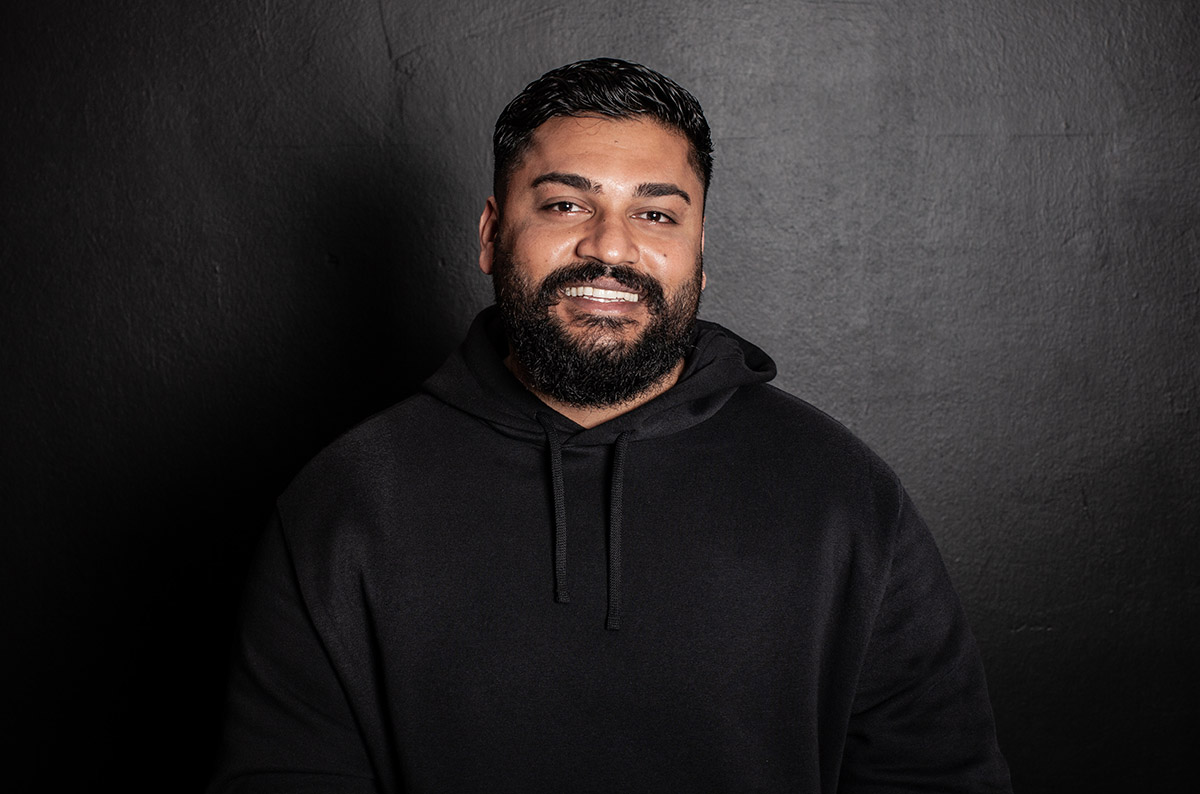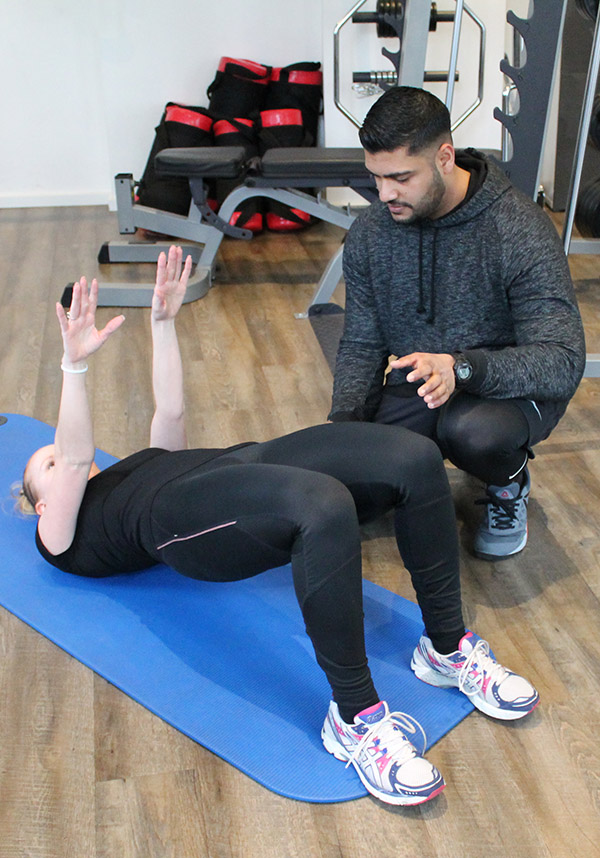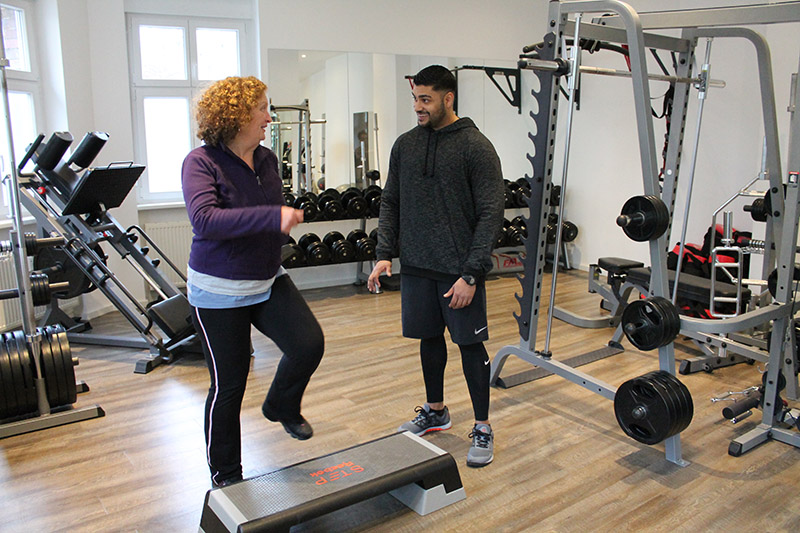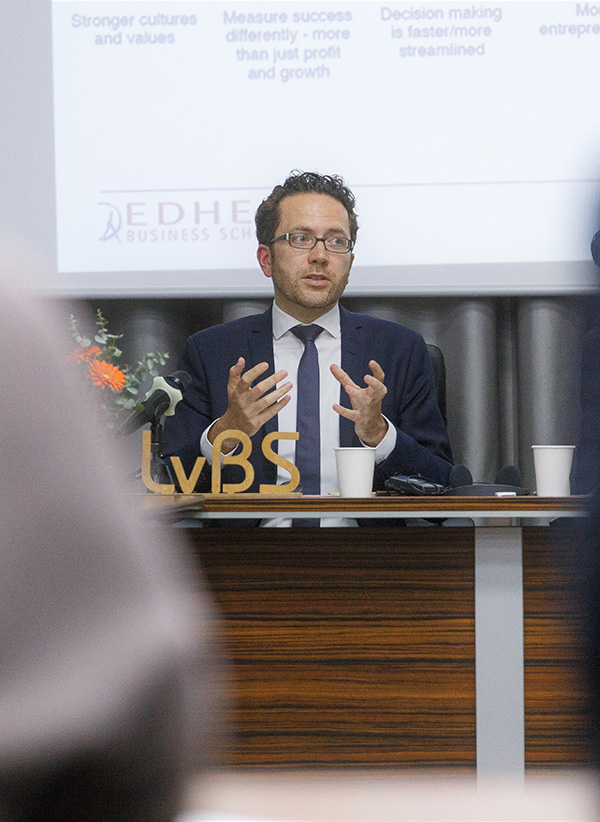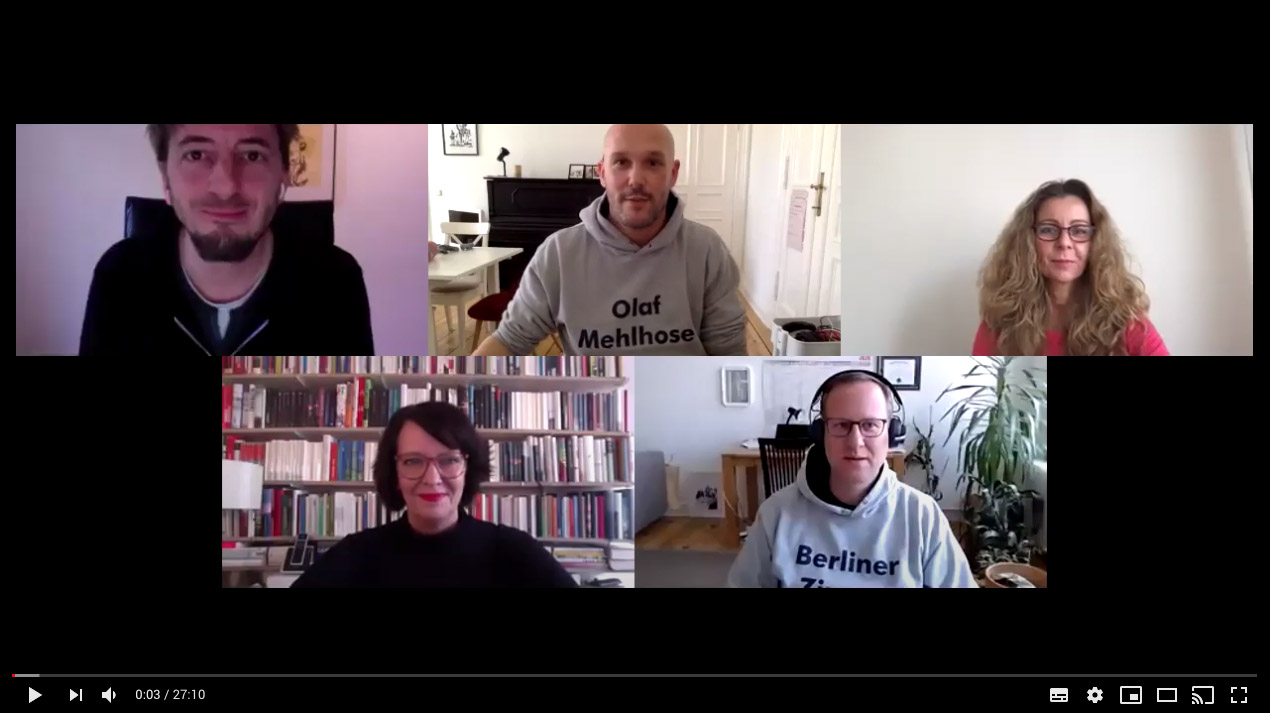What kind of clients do you have? How do you practice?
I have a wide range of clients from kids with disability to the elderly. I love to work with clients who have complicated cases as it feels like a challenge. Most of my clients are expats who have their own companies, so the training times are always flexible. Most of the trainings are done in the studio around Mitte and Prenzlauer Berg, but I also do train some of my clients at their home. Right now, I am also doing online trainings.
For some foreign people it’s sometimes hard to cope with the German mentality. What was your experience?
I have to admit, I pretty like the German mentality as it is pretty close to my homeland. Being punctual for meetings or appointments, following the rules and always straight to the point when they are talking about something are the pros in my opinion. On the other hand, I do feel German people often have a pretty closed and protective character. It takes a while to get into their friend circle or earn their trust. I do hate the German bureaucracy; it is like a maze.
Talking about German bureaucracy. How do you deal with legal issues? Do you do your own tax declaration – or do you seek advice?
Oh god, in my first year I had my share of nightmares dealing with the bureaucracy and stacks of paper after paper. I currently have a tax advisor who does my taxes and an insurance broker to keep track of the different insurances and pension; he also keeps me updated if there are any changes in regulations or laws.
Let’s talk about another topic that caused a lot of nightmares: The corona crisis caused many problems for freelancers and the fitness industry was hit hard too. How is your current work situation?
The corona crisis actually did a pretty solid damage to my business financially and I am recovering from it one step at a time. I still remember on January 2020 I was doing pretty well. I was planning to open a studio at the end of this year, but I guess that’s over for now, at least for this year. Altogether I lost about 65% of my clients due to the crisis but I am slowly recovering, and I hope it stays that way. However, I have the fear that in times of crisis personal training is seen as a luxury rather than an essential, and as a consequence people are less willing to pay for it. It is a problem!
What are your plans for the future? Will you ever go back to being employed?
Well, my plan right now is to stabilize my client numbers and earn a steady rate of income. For the start of next year, I want to restart building my dream of owning a studio with an innovative concept and look that would give a whole new layer to personal training. And no, I don’t think I will ever go back to being employed, I have a big dream and I want to keep chasing it.
